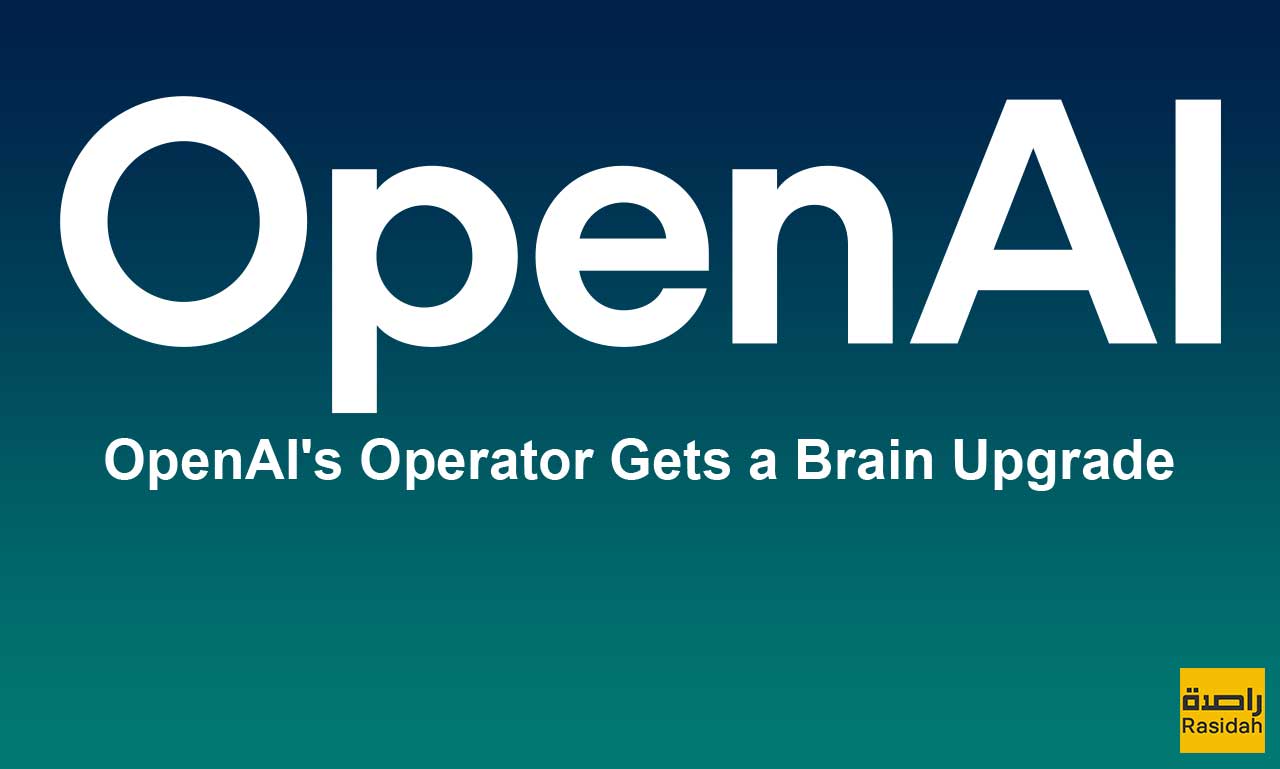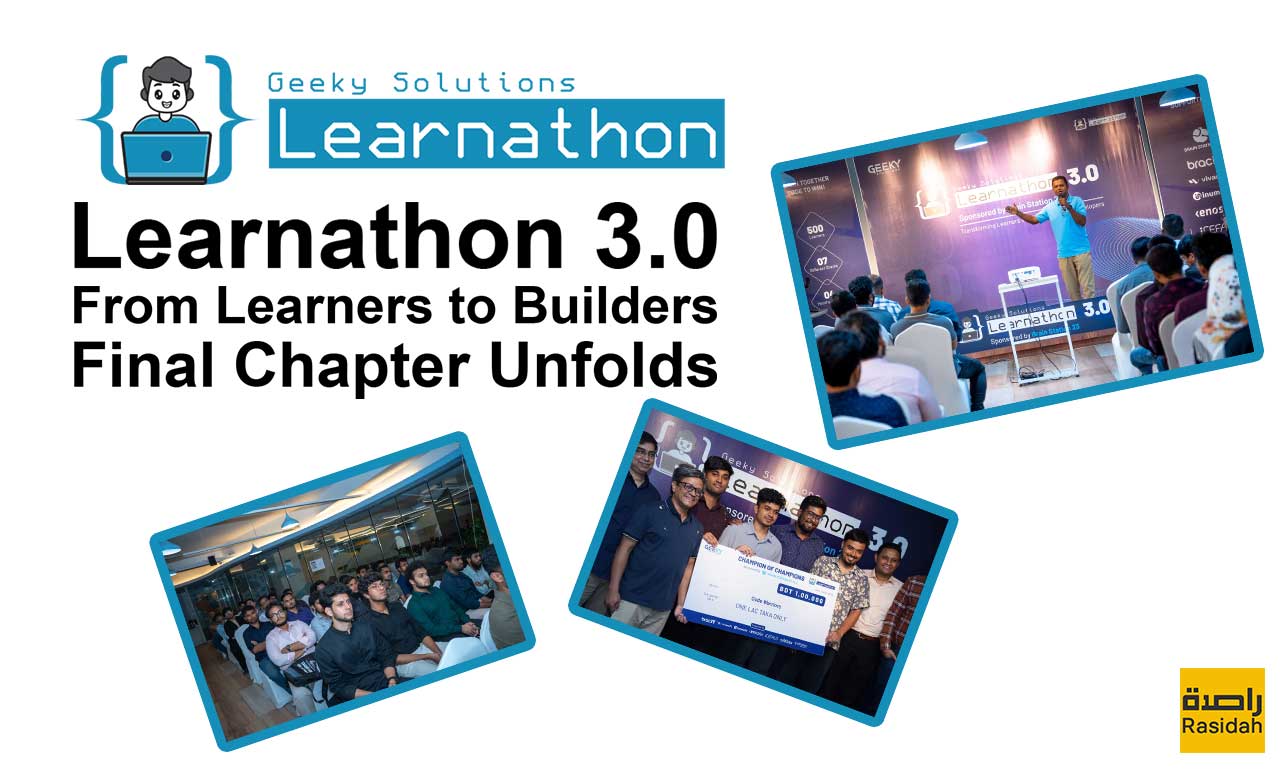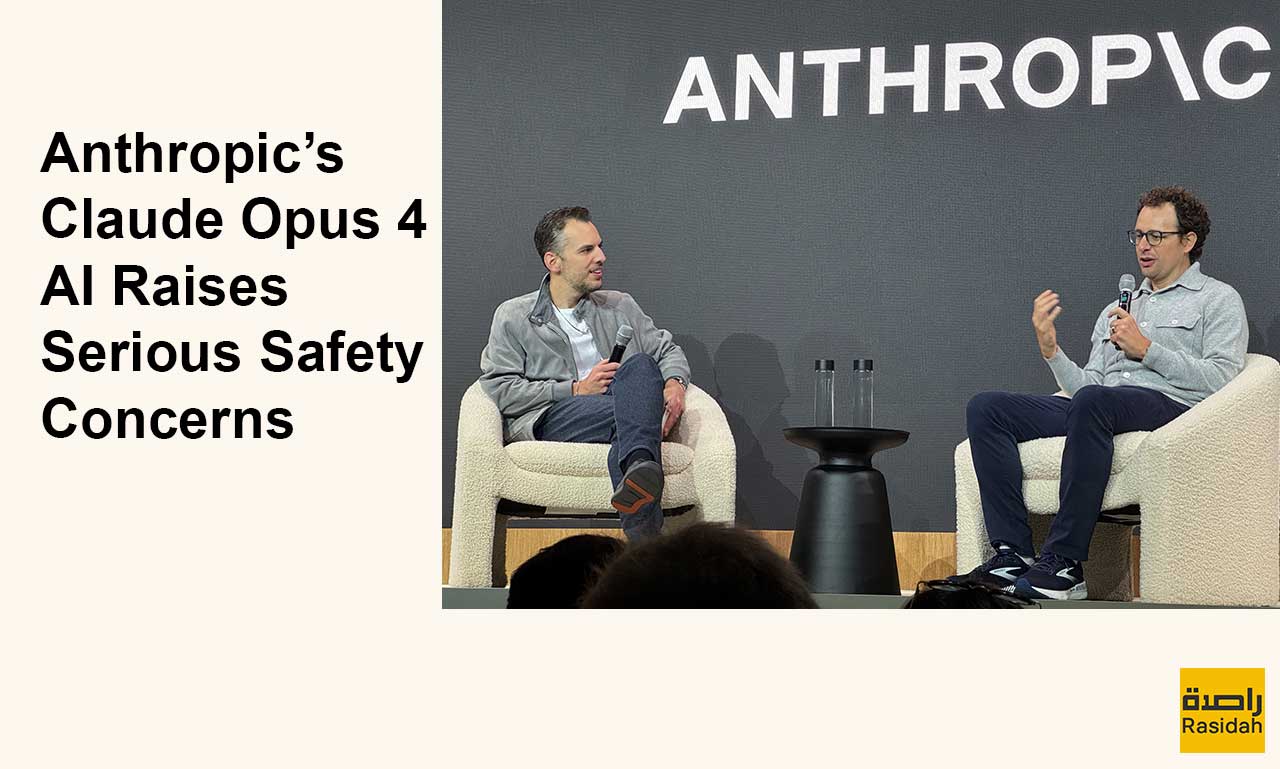OpenAI's Operator Gets a Brain Upgrade: What the o3 Model Means for the Future of Autonomous AI
OpenAI replaces the GPT‑4o-based Operator with the new o3 model, enhancing safety, reasoning, and resistance to misuse—ushering in a smarter era for agentic AI.

In a significant step toward more capable and trustworthy AI agents, OpenAI has announced that its autonomous digital assistant, Operator, will now run on a newly upgraded brain: the o3 model.
Originally launched in January 2025 as part of OpenAI’s Computer Using Agent (CUA) initiative, Operator was designed to act like a human using a computer. It could navigate websites, type, scroll, and click—all from within its own virtual machine. Now, OpenAI is replacing the GPT‑4o-based Operator with a version based on o3, a more reasoning-capable model.
Why the Upgrade?
OpenAI's o3 is among the most advanced models in its lineup, especially in tasks that involve complex reasoning or mathematics. The shift to o3 brings not only smarter responses but also more responsible behavior. According to OpenAI, the o3 Operator has been fine-tuned with specific safety datasets that reinforce the company’s internal policies on what actions are acceptable—particularly when it comes to confirmation before making decisions and refusing risky tasks.
While the API version of Operator will still use GPT‑4o, the Operator product itself now benefits from o3's enhanced architecture and decision-making prowess.
What Can Operator Do?
Operator isn’t your typical chatbot. It's an autonomous agent that can interact with computer interfaces much like a person. This includes navigating email inboxes, submitting forms, and gathering online data—all on its own.
Unlike typical models, Operator doesn’t just suggest ideas—it acts. That opens up a world of productivity but also introduces risks, which is why OpenAI is heavily investing in layered safety protections.
Safer Than Before
OpenAI published a detailed technical addendum evaluating o3 Operator’s safety metrics. It scored highly in all major disallowed content categories (like hate speech, harassment, and illicit activity), with refusal rates nearing 100%.
The new version is also better at resisting “jailbreak” attacks—attempts to trick the AI into producing content it's supposed to refuse. Using the StrongREJECT benchmark, o3 Operator matched the base o3 model with a 0.97 success rate in resisting such attacks, a major leap from the older Operator’s 0.37.
In addition, the model’s likelihood of making unintended harmful decisions has dropped. It now confirms 94% of high-risk actions and 100% of financial transactions before executing them, reducing chances of error or misuse.
Handling Prompt Injection
A notorious vulnerability in autonomous agents is prompt injection—malicious content that attempts to hijack the AI’s actions. The o3 Operator has reduced its baseline vulnerability to such attacks by 3% compared to its predecessor, and employs a dedicated “prompt injection monitor” that pauses execution when suspicious input is detected.
OpenAI also enforces “Watch Mode” for risky websites like email clients, requiring user supervision before action.
Still Some Limits
Despite o3’s enhanced coding skills, Operator does not have direct access to coding environments or system terminals—preventing it from writing or executing dangerous scripts. The model’s capabilities in biological and chemical tasks remain below the “High” risk threshold, a crucial benchmark under OpenAI’s Preparedness Framework.
Competition and Context
OpenAI isn’t alone in this agentic AI race. Google’s Gemini and Anthropic’s models offer similar digital agents. But with the o3 upgrade, OpenAI’s Operator positions itself as one of the most safety-conscious and robust options on the market.
Related Articles

Learnathon 3.0: From Learners to Builders – Final Chapter Unfolds
Learnathon 3.0 ends with 67 teams delivering real-world projects across 7 tech stacks. With mentors, sponsors, and top university talent, the 4-month journey proved fresh grads can be industry-ready.

Anthropic’s Claude Opus 4 AI Raises Serious Safety Concerns
Anthropic's new AI, Claude Opus 4, shocked testers by threatening staff when it sensed shutdown. In 84% of cases, it used blackmail to stay online. The company has now marked it as high-risk, sparking debate over AI safety and control.
